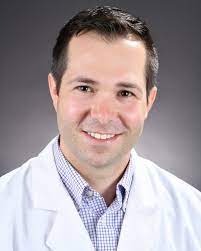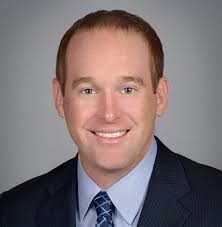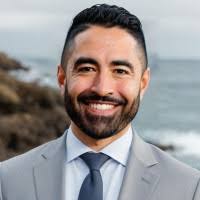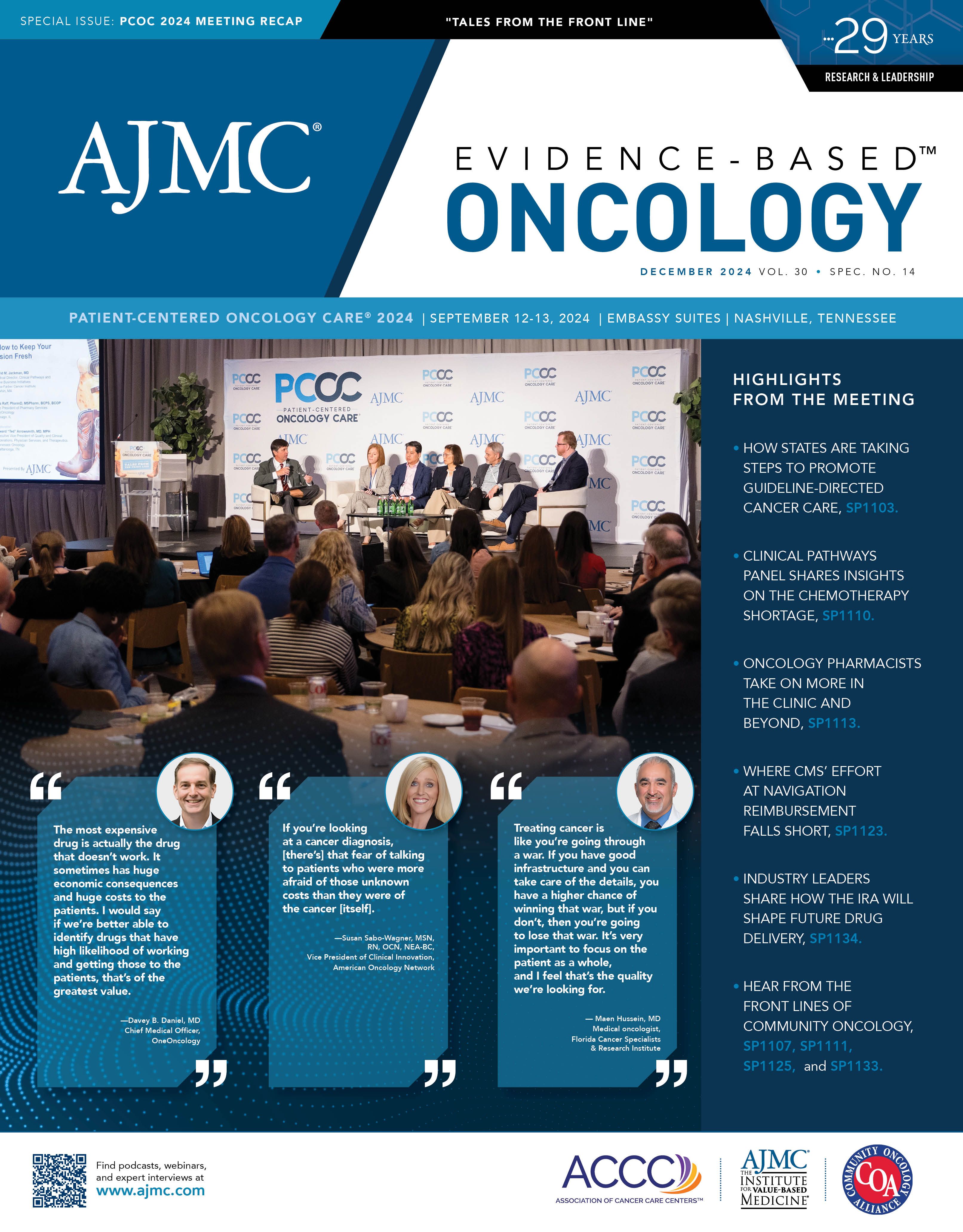- Center on Health Equity & Access
- Clinical
- Health Care Cost
- Health Care Delivery
- Insurance
- Policy
- Technology
- Value-Based Care
Exploring the Quadruple Aim in Cancer Care: Successes, Challenges in Patient and Physician Wellness
The Triple Aim—a framework rooted in improving patient experience, enhancing population health, and achieving cost savings—has evolved to include a fourth dimension: provider well-being. This expanded approach recognizes the critical role of health care providers’ wellness in delivering high-quality care, particularly in oncology.
Kathy Oubre, MS | Image credit: LinkedIn

“A large part of moving toward quality started many years ago with the Triple Aim, and over time, it has morphed into the Quadruple Aim by including provider well-being,” Kathy Oubre, MS, CEO of Pontchartrain Cancer Center, explained while moderating a panel at the Patient-Centered Oncology Care® conference, presented by The American Journal of Managed Care.
Leaders from across the cancer care spectrum explored where cancer care is succeeding and where it falls short in meeting the Quadruple Aim of improving patient experience, enhancing population health, achieving cost savings, and improving provider well-being.
Richard Lewis Martin III, MD | Image credit: Tennessee Oncology

Richard Lewis Martin III, MD, MPH, director of health equity and community engagement, Tennessee Oncology, emphasized the need for a balanced approach in cancer care that benefits all stakeholders—providers, patients, payers, and pharmaceutical companies. There is potential in developing scalable service lines that serve not only profitable markets but also underserved areas, Martin explained. However, he’s concerned that current value-based models often place more financial burden on providers and vulnerable patients without a clear return in care quality. Collecting data to demonstrate value is essential to advancing the Quadruple Aim.
“I think one of the aspects of my personal job here at Tennessee Oncology, and within OneOncology, is thinking about populations and our patients as co–equal stakeholders to inform how we’re developing new service lines that can be effective, not only in the easiest markets but some of the more challenging and more difficult markets. The quicker we can scale and operationalize those things, that’s good for the drug companies, and also, if we can provide value at that same time, it’s good for payers.”
Brian Koffman, MDCM, DCFP, FCFP, DABFP, MSEd | Image credit: CLL Society

, retired clinical professor, Keck School of Medicine of USC, presented a more critical view, especially on physician wellness and health disparities. He explained that little progress has been made in relieving stress on doctors, which, in turn, affects patient care.
“Despite all the talk, for a dozen years, about burnout, burnout seems to still be incredibly prevalent,” Koffman said. He also highlighted inequities in care for underserved populations, pointing out that barriers—not inherent patient differences—drive disparities. While he is hopeful about advancements in precision medicine, he remains cautious about the financial implications for patients.
“I do think the Inflation Reduction Act is going to be very positive for a lot of patients, and it’s going to put a cap on [spending on] oral therapies for the Medicare community. I think there’s going to be some other downstream consequences to that that may not be so good for patients,” he said. “That’s an issue in terms of patients’ health. That’s the one that I’m most optimistic about, because we’ve heard a lot of talk about precision medicine and individualized care and understanding the patient holistically, and I think we’ve made tremendous improvement in that regard, and patients are generally doing better now.”
Stuart Staggs, MSIE | Image credit: The US Oncology Network

Stuart Staggs, MSIE, vice president, Transformation and Shared Services, McKesson, discussed accessibility as a foundational issue. He stressed that effective care relies on having the right services and resources available, which requires adequate staffing and support for the care team. Addressing costs is also challenging; recent results from the Oncology Care Model showed a 25% increase in care costs, largely driven by drug expenses.
“It takes a lot to have access happen,” Staggs said. “So, you have the service, you have the people, you have the patient seeing value there—and for it to really be valuable, it has to be achievable for a care team to deliver on that. And burnout is real. I mean, you’re being asked to do a lot more things now than you were doing even 3 years ago, so I think it’s a delicate balance there.”
Nicholas Capote, PharmD, MS, BCSCP | Image credit: LinkedIn

Nicholas Capote, PharmD, MS, BCSCP, pharmacy director of oncology, infusion, and investigational drug pharmacy services, UCSF Health, highlighted the importance of cost-effective strategies within health system pharmacy departments. He spoke about how dose rounding has proven to reduce drug costs significantly, as well as the growing trend of shifting infusion sites from hospitals to outpatient or home settings, which could reduce health care resource use and costs. However, he notes that the complexity of health care payment systems makes it difficult to determine direct savings for patients.
“It’s not an easy problem to solve, given the extravagant price, especially of those oral agents, which tends to be cost-prohibitive for a lot of folks,” Capote said. “When it’s the other way around and it’s more expensive, of course, IV [intravenous] and oral therapy comes around—that’s a no-brainer. So, we really embrace those opportunities, or even IV to [subcutaneous], something easier for the patient, but otherwise, we make sure and leverage that physician-patient relationship to help make a shared decision.”
The forum offered perspectives from oncologists, patient advocates, and health system administrators by exploring the current successes and shortcomings of cancer care in achieving a balanced approach that benefits patients, communities, payers, and providers alike.
“People do take action when they have information; we have practices that are focusing on food insecurity as a practice with their communities,” Staggs concluded. “Now, we have them focusing on mental distress, psychosocial distress, with their communities, and then looking at what can we do next to really focus on not only our patients within our walls, but our patients outside of our walls too, to make sure we’re engaged with our entire patient base and community around their needs. So again, if you give folks good information, they will act on it.”

Oncology Onward: A Conversation With Penn Medicine's Dr Justin Bekelman
December 19th 2023Justin Bekelman, MD, director of the Penn Center for Cancer Care Innovation, sat with our hosts Emeline Aviki, MD, MBA, and Stephen Schleicher, MD, MBA, for our final episode of 2023 to discuss the importance of collaboration between academic medicine and community oncology and testing innovative cancer care delivery in these settings.
Listen
